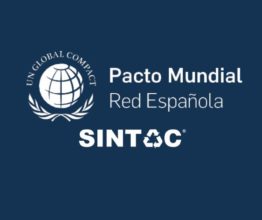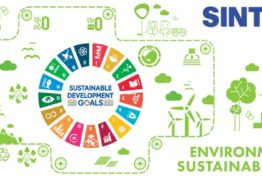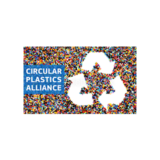What is the excise tax on non-reusable plastic packaging or IPNR?
The year 2023 begins with news for the plastics industry and distributors of products containing this material. As of 1 January, the special tax on non-reusable plastic packaging (IPNR) comes into force. This tax has a twofold objective: on the one hand, to prevent the generation of single-use plastic packaging and, on the other, to encourage its recycling. Two maxims pursued by Law 7/2022 on waste and contaminated land for a circular economy, approved in April 2022.

Which plastic packaging is subject to IPNR?
In order to understand the extent of the excise duty on non-reusable plastic packaging, it is necessary to know which packaging is referred to as “non-reusable plastic packaging”.
- Non-reusable packaging containing non-recycled plastic and intended to contain, protect, handle, distribute or present products.
- Semi-finished plastic products whose purpose is to construct the above packaging.
- Products containing a plastic element intended for the closure, marketing or presentation of non-reusable packaging.
Which products are exempt from IPNR?
Within this category, we would find from bottles, caps and closures to films for the protection of screens, applicators for cosmetic products, etc.
The following products are not included in the above classification:
- Integrated packaging: those which, despite being made of plastic and not being reusable, form an integral part of the product and all their elements are intended to be used, consumed or disposed of together. We are talking about coffee capsules, tea bags, printer cartridges…
- Packaging which, although designed to protect a specific product, is not intended to be delivered with it: clothes hangers, ballpoint pens, CD, DVD and video cases…

Who is affected by the IPNR?
The excise duty on non-reusable plastic packaging (IPNR) affects all natural or legal persons who manufacture or acquire, on a regular or irregular basis, this type of product:
- Manufacturer: any person or company engaged in the production or manufacture of non-reusable plastic packaging. For example, manufacturers of bottles, caps or thermoplastic sheeting and preforms that will later be sold to a handler.
- Importer: any person or company importing non-reusable plastic packaging from non-EU countries. E.g. bags of noodles, mobile phones packed in plastic film, etc.
- Intra-EU buyer: any person or company buying non-reusable plastic packaging from intra-EU countries. For example, a Spanish business purchasing French cheese in plastic wedges.
- Irregular introducer: any person or entity that possesses, markets, transports or uses the IPNR-rated products and does not prove that they have been manufactured or imported.
What does the IPNR translate into?
In practice, the excise duty on non-reusable plastic packaging translates into the payment of €0.45 per kg of non-recycled plastic. The percentage of recycled plastic, which is exempt from payment, must be accredited by presenting a document certifying compliance with the UNE -EN 15343:2008 standard.












